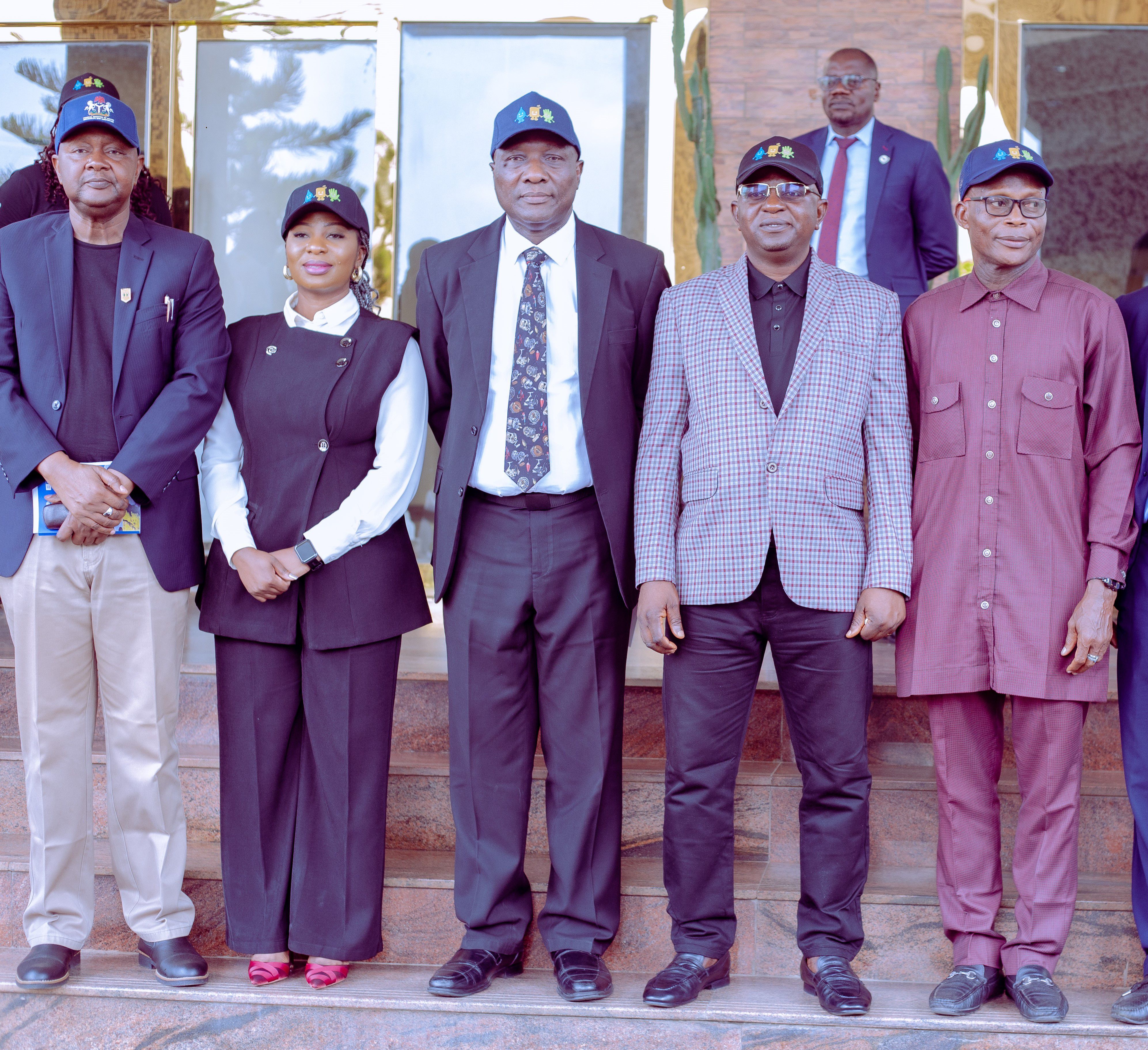By Stella Kabruk
The Society for Family Health on Monday began a three-day training for health care workers on age-appropriate disclosure and psychosocial support for adolescents.
Speaking at the training, Project Director, Mrs. Aisha Dadi, Paediatric and Adolescent Program, Society for Family Health, said the three-day training was organized to provide basic skills on age-appropriate disclosure and psychosocial support to facility health care workers who will support children and adolescents living with HIV (CALHIV) and their caregivers.
Represented by the Programme Manager, Paediatric Breakthrough Partnership Project, Paediatric and Adolescent Program, Society for Family Health, Dr. Ibimina Tonye-LeggJack, she said the training aimed to provide practical and hands-on learning on age-appropriate disclosure and to promote medication adherence and healthier living among CALHIV.
According to her, the training will also strengthen caregivers’ support towards CALHIV through proper disclosure processes and equip healthcare workers with mental health information as it relates to CALHIV using the WHO mhGAP manual.
She added that the training was part of the Strengthening Adolescent Living with HIV Resilience Within Communities and Retention in Care (STAR-C) Project.
Tonye-LeggJack said the project is a focused, community-centred intervention designed to close critical gaps in adolescent HIV care by improving retention, adherence, and psychosocial well-being during the transition from caregiver-led to self-managed care.
She said the project was launched as a pilot in Kaduna State and is currently being implemented by the Society for Family Health in collaboration with the Kaduna State Government, with funding from ViiV Healthcare UK.
“STAR-C responds to worrying adolescent HIV trends—national adolescent prevalence rising, large numbers of undiagnosed adolescents, and the disproportionate impact on girls.
“The project places adolescents at the centre—using peer support, caregiver engagement, community mobilization, and interface with adolescent-friendly SRH services—to reduce treatment interruptions, stigma, and disclosure fears that currently undermine viral suppression and long-term outcomes.”
She added that the project’s goal is to maximize retention in care for adolescents living with HIV (ALHIV) and support a safe, sustainable transition to self-managed care with robust community backing.
She also said the project in Kaduna primarily targets adolescent girls (10–19), young mothers, and pregnant adolescents, as well as children of sex workers.
“Secondary targets are adolescent boys in care, caregivers, and health providers.
“STAR-C offers a replicable model to close adolescence-specific gaps in the HIV cascade.
“It directly tackles the psychosocial and structural reasons adolescents drop out of care, uses adolescent-led approaches to boost relevance and ownership, and builds government-ready pathways for scale.
“With children and adolescent HIV burden still being a cause for concern in the HIV programme in-country, STAR-C’s pilot results will be important early evidence for policy and programme adaptation.”
Earlier, in a remark, the Executive Secretary of the Kaduna State AIDS Control Agency (KADSACA), Dr. Nuhu Butawa, said the workshop was timely as disclosing HIV status to young people is challenging because it affects them mentally, socially, and academically.
He appreciated the Society for Family Health for organizing the training, noting that it will help health workers learn how to properly disclose HIV status to young people.
He urged the participants to make use of lessons learned from the training and conduct step-down training for colleagues who were not present.
In a goodwill message, the State Coordinator of the Association of Positive Youths Living with HIV, Sambo Elias-Hyman, said the training is timely and appropriate because they have been facing issues with adolescents in terms of disclosure.
He said some of them find it difficult to disclose their status either to family, friends, or spouses due to their developmental stage.
According to him, adolescents lack the necessary knowledge on how to disclose, who to disclose to, and when to disclose because of fear of stigma and discrimination.
“Disclosure is key in terms of finding support from family members, peers, and health care providers. It helps in building stronger relationships because of the new cases reoccurring.” (NAN)
Trending
&format=jpeg)
![Iyabo Ojo, Priscilla and Juma Jux [Instagram/Iyaboojoofpris]](https://image.api.sportal365.com/process/smp-images-production/pulse.ng/13022025/e6ee7cce-da1d-4f76-84a4-7313db389166.jpg?operations=autocrop(100:100)&format=jpeg)
&format=jpeg)
&format=jpeg)
&format=jpeg)


&format=jpeg)
&format=jpeg)
&format=jpeg)
&format=jpeg)
&format=jpeg)
![#EndSARS protesters in 2020 [VMT News]](https://image.api.sportal365.com/process/smp-images-production/pulse.ng/26092024/4e09c5ab-aa42-4d7a-a565-0b2d1000e16b?operations=autocrop(140:79)&format=jpeg)
&format=jpeg)
&format=jpeg)
&format=jpeg)


&format=jpeg)
&format=jpeg)
&format=jpeg)
&format=jpeg)
&format=jpeg)
&format=jpeg)
&format=jpeg)
&format=jpeg)


&format=jpeg)
&format=jpeg)
&format=jpeg)
&format=jpeg)
No comments:
Post a Comment